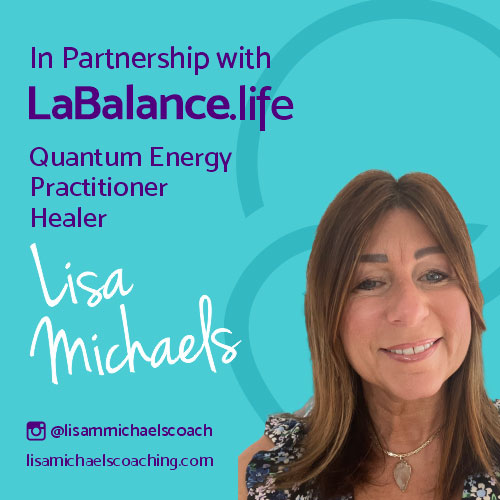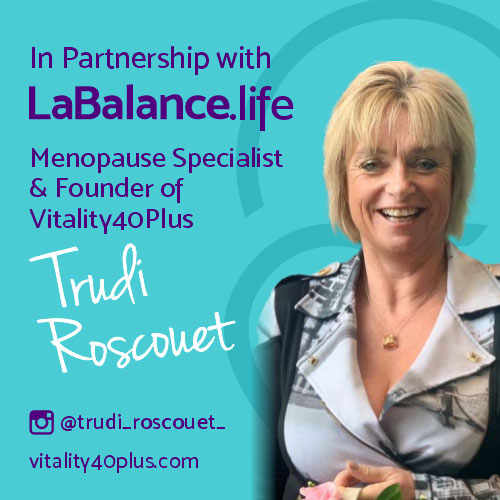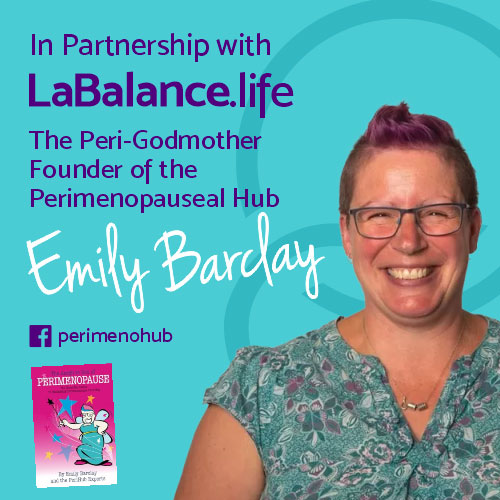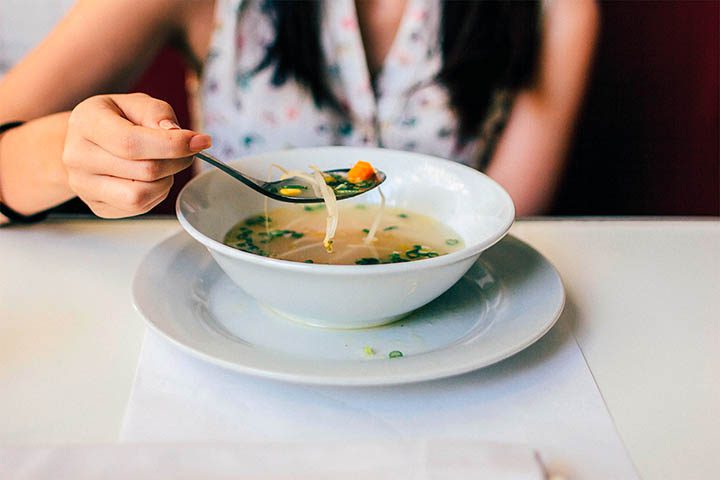Is it really possible to eat your way into a better menopause? Does the food we eat really have any meaningful connection to those horrendous symptoms? After all, they are so varied and can be very intense, could a change in diet make any real difference?
We’re all unique and we all experience menopause in a unique way. Having said that, the symptoms that are most common we know all too well! Hot flushes, night sweats, mood swings and low energy. If we suffer through these for a prolonged amount of time they can increase stress and anxiety, as well as cause insomnia or loss of libido.
Eating for menopause is a balance between avoiding certain foods that potentially worsen symptoms and adding in items that could help.
Foods to Add to Your Diet
Brittle bones can become a serious problem as you age, you’re at an increased risk of developing osteoporosis. If you eat a diet high in calcium, vitamin D, magnesium and vitamin K you are giving your body a fighting chance. As a rule of thumb, if it’s grown it’s good! Nuts, apples, pears, legumes. Fish such as salmon, mackerel, and tuna are good sources of magnesium too.
If you’re interested in supporting your diet with a high-quality supplement we recommend Nutricell. A significant advancement in nutritional support with 5 critical nutrients that specifically target the primary imbalances that can lead to disease and premature ageing. This is an ideal supplement to take before during and after menopause.
Eat foods with phytoestrogens like green beans and pumpkin seeds. Phytoestrogens occur naturally in certain plant-based foods and are oestrogenic compounds. They work in a similar way to estrogen and could help with your natural hormonal balance. Try soya milk, tofu, miso or sesame seeds.
Did you know that certain foods can help you fight low moods? Serotonin is the chemical that helps control mood and sleep. Foods with the amino acid tryptophan aid the production of serotonin which can boost your mood! You can find it in turkey, dried dates, oats, cottage cheese and eggs to name a few. Foods high in protein.
Foods to Avoid
Stimulants are known for triggering hot flushes and night sweats. They could also intensify flushes or increase the frequency of them. We’re talking about things like alcohol, coffee, spicy foods and even chocolate! If you consume these foods/drinks later in the evening you’re increasing the likeness of suffering a bout of the night sweats.
Replace sugary snacks with healthy alternatives. Foods high in sugar cause us to peak and then fall, resulting in fatigue. We certainly don’t want to add to our low energy throughout the day by constantly filling up on sugar. This will also help with weight gain which can worsen before and during menopause. An all-around healthier diet will keep this under control.
Our diets are one of the main things we have real control over. It’s quick and easy to change your diet, it can be done at a relatively low cost. It’s completely natural and even if you’re sceptical it can’t hurt to try.




